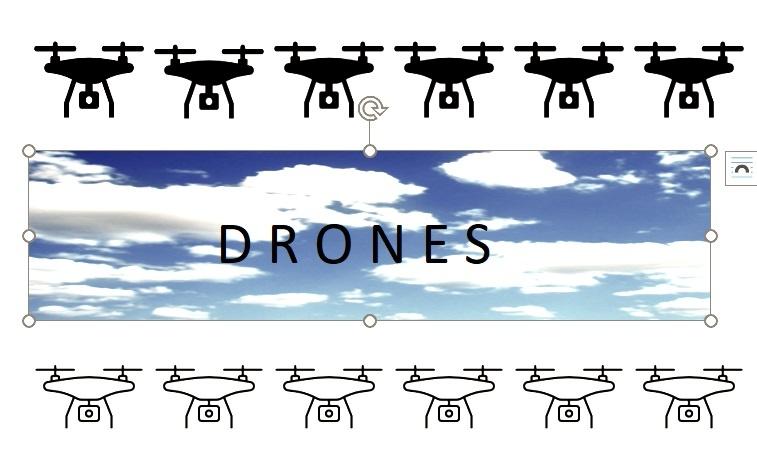Communities from remote and regional areas are valuable to society because they are naturally conscious of the environment around them and often leave behind a very low carbon footprint (Co2 emissions). Unfortunately, they are often disadvantaged due to a lack of access to critical services resulting in a relatively inactive economy and in some cases, poverty. How then do we address this imbalance and is there a way to uplift communities?
Drones as a service (DaaS) may offer potential solutions. This will be powered by low impact and energy efficient technologies such as solar power, satellite internet connectivity, 5G networks, artificial intelligence, blockchain, cloud-based services, and data sharing. The network can be strengthened by encouraging maximum participation in the community. This can be achieved by incentivising businesses and households. Eligible participants would need to register as an approved operator, so that they can start earning a passive income from their drones being ‘effectively rented out’. DaaS guarantees seamless delivery within a complex and secure network while truly empowering the community.
So how does it work?
The drone is housed on a solar-powered charging station that is backed up by rechargeable batteries. Locally trained engineers will install this station at physical properties that are approved by local council. Each station requires a satellite internet receiver or 5G antennae. It will also act as a node on a permissioned blockchain network for the purpose of validation, verification, and mining of crypto-related payments. This secure AI network will be optimised to track and manage IoTs, and transponders installed in each related drone. The infrastructure is completely mobile so that in the event of floods, fires or natural disasters, the drones can automatically dispatch to a more suitable base or charging station.
Practical application:
An example is when a patient urgently needs medication. This request is sent manually or automatically via an IoT sensor onto the blockchain to open a smart contract that selects the most suitably located drone. The medication is automatically dispatched for collection and delivery. Once delivery is complete, the smart contract is then terminated. If another delivery is queued, it will start a new peer-to-peer contract and eventually return to its base. Payments to service providers in this supply chain are then automatically executed. Items such as medication may also be tokenised and paid for, by using cryptocurrencies on a decentralised finance (DeFi) platform. Big tech may also want to consider outsourcing as there are huge benefits to operating in a circular economy.

